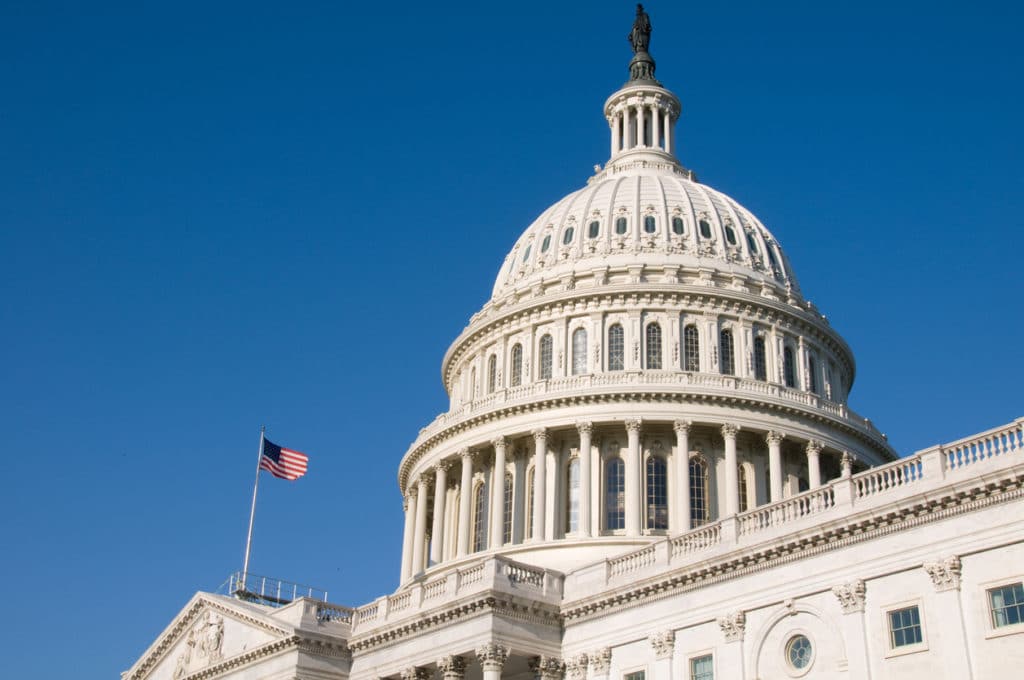On November 19, a coalition of whistleblower advocacy groups sent a letter to Congress urging for the inclusion of S.Amendment.4437 as part of the National Defense Authorization Act. The amendment, introduced by Senator Chuck Grassley (R-IA), makes fixes to the Anti-Money Laundering Act of 2020 (AML Act). The Act established a whistleblower reward system for individuals who report money laundering but has been criticized by whistleblower advocates as lacking key aspects of successful whistleblower reward laws.
The letter, which was signed by National Whistleblower Center, Taxpayers Against Fraud, Government Accountability Project, and Project On Government Oversight, states that “money laundering is one of the most dangerous criminal activities, used for terrorist financing, human trafficking, hiding drug money, and for tax evasion. By its very nature, it is designed to be secret. Consequently, incentivizing whistleblowers to report anti-money laundering violations is critical for America’s anti corruption efforts.”
The two issues with the AML Act that S.Amendment.4437 addresses are the lack of a mandatory minimum for whistleblower awards and the lack of a fund to finance whistleblower awards. Whistleblower advocates claim that these two deficiencies are undermining the money laundering whistleblower program.
Unlike all other modern whistleblower laws, including the False Claims Act and Dodd-Frank Act, the AML Act does not guarantee a minimum award payment to qualified whistleblowers, meaning that awards are fully discretionary. “Under the current law, a whistleblower could do all the right things, provide extremely helpful information, trigger a large sanction, but obtain no compensation whatsoever,” the groups’ letter states. “This would be so, even if the whistleblower suffered severe economic retaliation or threats to his or her safety.”
S.Amendment.4437 fixes this issue by mandating that qualified whistleblowers receive an award of at least 10% of the sanctions collected in connection with their disclosure. This is the same procedure outlined in the Dodd-Frank Act which created the highly successful SEC Whistleblower Program.
The other issue that S.Amendment.4437 resolves is the lack of a fund to finance whistleblower awards. Currently, the AML Act relies on Congressional appropriations to finance awards, a method which has not worked in other whistleblower legislation and which has been fully discredited. The Amendment would establish a special fund for whistleblower awards which would be fully financed through monies paid by sanctioned fraudsters. The Dodd-Frank Act established an identical fund for the SEC Whistleblower Program.
“Not including a minimum payment and not establishing a fund to ensure that payments can be made to courageous whistleblowers acts as a disincentive for whistleblower reporting and undermines the Congressional intent behind the AML law,” the letter states. “Without these two vital provisions, the ability to leverage whistleblowers to help fight money laundering will face a crucial setback.”
“We urge you, in the strongest terms, to support S.Amendment.4437, which simply conforms the AML whistleblower law to the existing provisions contained in the highly effective Dodd Frank Act,” the letter continues. “These two reforms are absolutely essential to make the AML whistleblower law function as a critical tool for fighting money laundering.”
Read:
